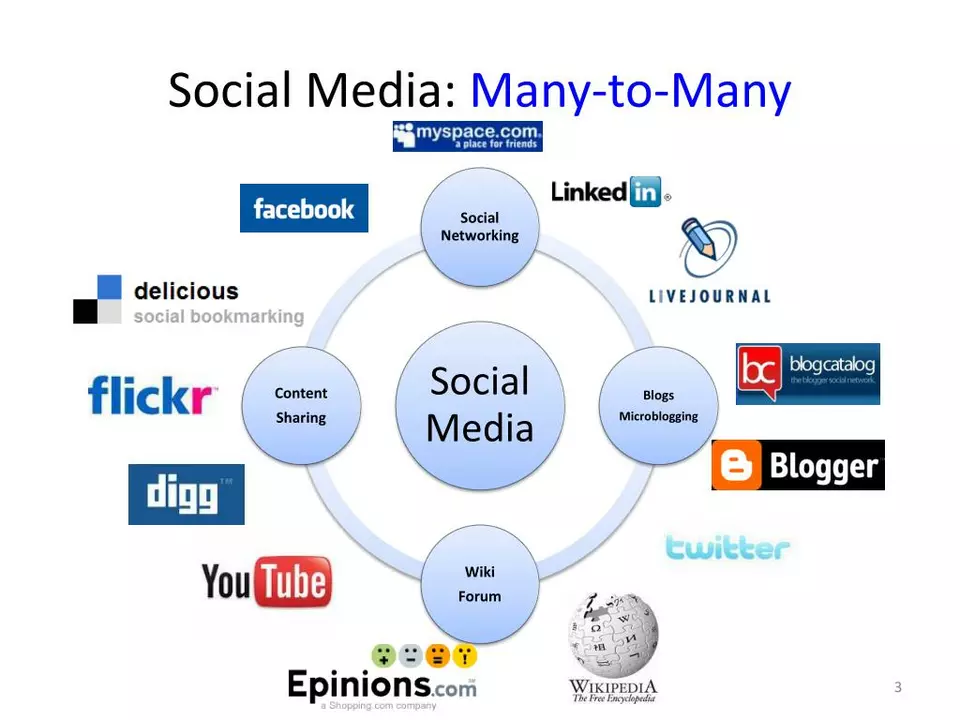Renal Failure: What It Means for You
If you’ve ever heard doctors talk about "renal failure" and felt confused, you’re not alone. In plain terms, renal failure is when your kidneys stop cleaning blood as well as they should. This can happen suddenly (acute) or develop slowly over years (chronic). Knowing the signs early can save you from bigger problems later.
What Is Renal Failure?
Your kidneys filter waste, balance fluids and keep electrolytes steady. When they fail, waste builds up, fluid pools, and blood pressure can spike. Acute renal failure often follows an injury, severe infection, or a drug that harms the kidneys. Chronic renal failure usually results from long‑term conditions like high blood pressure, diabetes or repeated infections.
How to Spot It Early
The first clues are often subtle. Look for swelling in ankles or around your eyes, persistent fatigue, and changes in how much you pee. Darker urine, foamy bubbles, or a metallic taste can also signal trouble. If you notice any of these, ask your doctor for blood tests (creatinine and BUN) and a urine analysis.
Regular check‑ups are key. People with diabetes or hypertension should get kidney function screens at least once a year. Catching a rise in creatinine early lets you act before the damage becomes permanent.
Simple Steps to Protect Your Kidneys
Even if you already have some loss of kidney function, small lifestyle changes can slow it down. Stay hydrated—drink water throughout the day unless your doctor says otherwise. Keep blood pressure under control with diet low in salt and regular exercise.
Watch out for over‑the‑counter pain relievers like ibuprofen or naproxen; they can stress kidneys if taken often. If you need pain relief, talk to a pharmacist about safer options.
When Treatment Is Needed
If kidney function drops below 15 % of normal, doctors may recommend dialysis or a transplant. Dialysis is a machine that does the filtering work for you. It sounds scary, but many patients live active lives with regular sessions.
If you’re facing this stage, ask about diet plans tailored to limit potassium and phosphorus—these minerals can build up when kidneys fail.
Medication management becomes crucial too. Some drugs need dose adjustments or complete avoidance. Our site has guides on buying safe meds online, so you can verify that any prescription you get matches your kidney needs.
Where to Find Reliable Help
Finding trustworthy information is half the battle. Look for clinics that specialize in nephrology (kidney doctors) and ask about patient support groups. Online, reputable pharmacy reviews can help you pick a safe source for any prescription you need.
If you’re curious about specific kidney‑friendly medicines or want tips on buying them safely, check out articles like “How to Safely Buy Nifedipine Online” or “Buy Zaroxolyn Online: Safe Purchase Guide.” They explain how to avoid scams and get legit drugs.
Remember, renal failure is manageable when you act early, keep your doctor in the loop, and make smart daily choices. Stay informed, stay hydrated, and don’t ignore those subtle signs—your kidneys will thank you.

